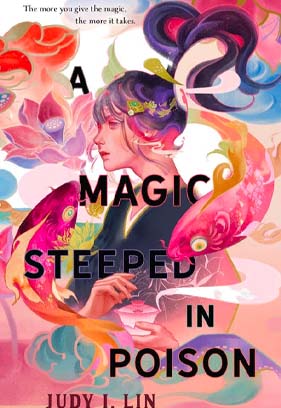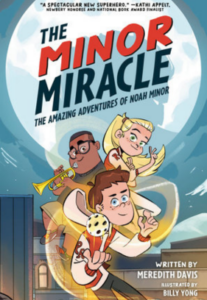Ning’s sister hovers near death. She drank poisoned tea—as have so many others—and Ning is now desperate to save her sister at any cost. Ning must compete in a royal tea competition and use tea magic to save her family and bring justice to the oppressed people of the kingdom.











